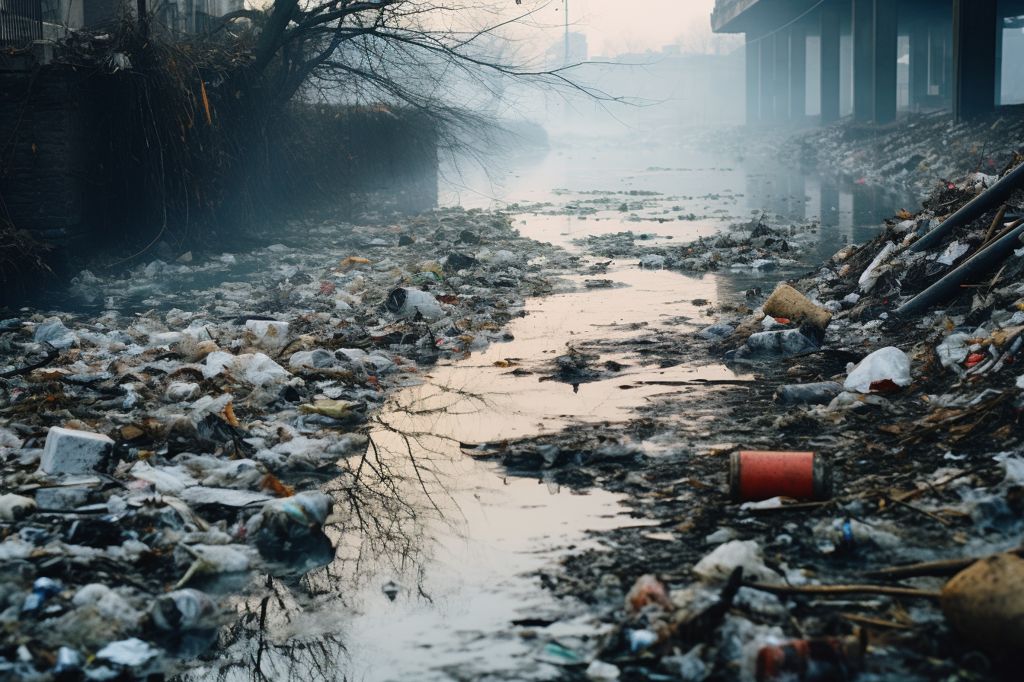Upholding the Regulatory Authority of the Department of Water and Sanitation
In a recent ruling by the Middleburg High Court in Mpumalanga, the Department of Water and Sanitation’s regulatory authority in South Africa was reinforced. The court passed judgment against Msukwaligwa Local Municipality on eight charges connected to the pollution of water resources.
The legal battle stems from the municipality’s failure to adhere to multiple directives issued by the department under sections 19(3) and 53(1) of the National Water Act, 1998 (Act no. 38 of 1998). The local authority did not take the required steps to prevent water pollution and engaged in unlawful water usage at the Ermelo Waste Water Treatment Works. These issues came to light after the department’s Compliance, Monitoring, and Enforcement Unit initiated several investigations beginning in 2016. As a result of these inquiries, notices and directives were issued to the municipality.
Investigating and Addressing Water Pollution Issues
The investigations revealed that the Ermelo Waste Water Treatment Works lacked the necessary authorization for water usage and was not functioning correctly. Sewage circumvented the process units and discharged directly into water resources. Furthermore, inadequate operations and maintenance of the facility contributed to the problem.
Judge Bruce Langa instructed the Msukwaligwa Local Municipality to undertake a series of corrective measures. These include the immediate cessation of unlawful water usage at the Ermelo Waste Water Treatment Plant and applying for registration of water use as outlined in section 21 (f and g) of the National Water Act. The municipality is also required to implement measures to halt the discharge of substandard effluent and prevent further contamination of water resources. Additionally, they must hire a qualified environmental consultant to develop a rehabilitation plan. This plan should outline the pollution’s nature and impact on water resources, the necessary steps for remediation, and specific deadlines for implementation.
The municipality must create the rehabilitation plan within 30 days from the court order’s date and submit it to the department for approval. Once approved, the municipality has 30 days to carry out all remedial actions included in the rehabilitation plan. Additionally, they must compile a closeout report after completing the rehabilitation activities and submit it to the department within 14 days. The court also ruled that the municipality must cover the costs of the department’s application.
Encouraging Compliance and Preventing Future Violations
Judge Langa acknowledged that the Department of Water and Sanitation had acted in good faith, making numerous attempts to hold the municipality responsible for its actions or lack thereof, including issuing notices and directives. Regrettably, the municipality remained unresponsive to the critical issue.
Consequently, the Department of Water and Sanitation has opted to issue a letter of intent to initiate a criminal case against the Msukaligwa Local Municipality if they fail to submit an action plan with definitive deadlines and a budget. This court order is a welcome relief for the department, and it is expected that it will serve as a strong deterrent to other institutions, discouraging them from violating the National Water Act’s provisions.
In summary, this case highlights the significance of compliance with water and sanitation regulations. Failure to abide by these guidelines can result in disastrous consequences for communities and the environment. It is of utmost importance for municipalities and other institutions to invest the necessary effort in preventing pollution and safeguarding water resources for future generations.








